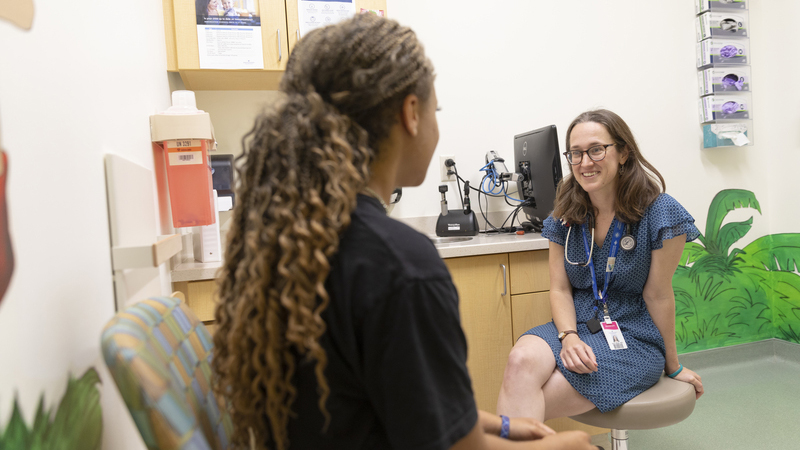
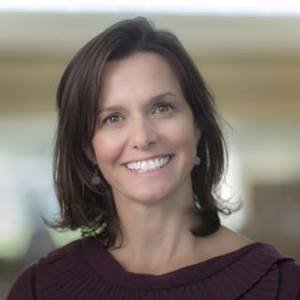
Shannon Baker, MD
Several Intermountain physicians are mentoring University of Utah medical students for the first cohort of the Population Health Scholars—a program where trainees get specialized training in preventative care and population health concepts to keep people as healthy as possible, rather than just treating people when they’re sick.
More physician mentors and preceptors from Intermountain Medical Group are needed for the next cohorts of the population health-focused program. Interested clinicians should contact Karyn Springer, MD, senior medical director of Intermountain’s graduate medical education strategy.
Shannon Baker, MD, family medicine practitioner at the West Jordan Clinic, says she decided to be a mentor to advance value-based care and population health to young doctors.
“I changed my practice style to the reimagined primary care model in 2019, and ever since then I’ve been a fan of population health and the benefits it brings to me as a provider and to my patients when they get that kind of team-based care,” Dr. Baker says. “How great would this be to show medical students this kind of training early on.”
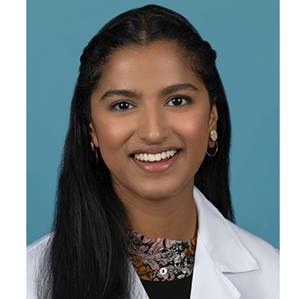
Merry Joseph
Dr. Baker is mentoring U. of U. medical student Merry Joseph, who immigrated with her family to the US from Singapore in 2009.
“Intermountain Healthcare is actually my family’s first ever interaction with an American healthcare system,” Merry says. “I remember accompanying my mom to her prenatal visits at Alta View Hospital, and I remember the welcoming and warm care my family received over the years.”
Merry says the care she received at Intermountain inspired her to become a Population Health Scholar. She observed how Intermountain providers understood the many facets playing into a person’s overall health.
“Immigration status affects social support, nutrition, and transportation to appointments—impacting access to care,” Merry says. “I hope to be part of a new generation of physicians who can pick up on those cues to better serve patients. That way we reduce the patients being ‘non-compliant.’ Rather we as a healthcare team ask ourselves how we can make it easier for this patient to live as healthy as they can be.”
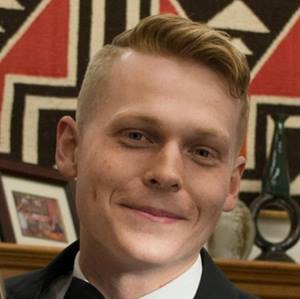
Seth Biehn
Joining Merry in this first co-cohort of Population Health Scholars is Seth Biehn, a former medic in the Army with a current ambition to serve patients in rural and underserved areas. He’s working with mentor Jesse Spencer, MD, at Sevier Valley Hospital in Richfield.
“I think there’s a lot of soft skills needed in medicine,” says Seth. “They aren’t taught in med school so I hope my time with Dr. Spencer will help me develop those soft skills before I make it to clinical or residency years so I’ll have a head start in having a population health perspective brought into my future practice.”
“The reason I got into medicine was this idea of community,” says Dr. Spencer, who’s been a family medicine practitioner for more than a decade. “I’m certainly not a seasoned provider veteran, but I have recognized the factors playing into a patient’s underlying health needs. We can do more for populations to address the basic social determinants of health. Mentoring in this program fills my battery to get me out of my normal routines and build a more meaningful future for the health of our patients.”
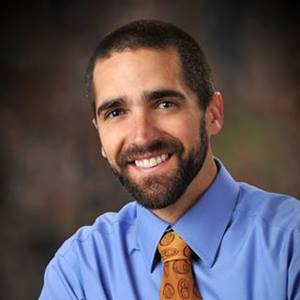
Jesse Spencer, MD
Seth says he saw the military’s approach to population health was to wait for soldiers to have drastic mental health issues—and then provide therapy and prescriptions. Instead, Seth wants to address those situations or root causes in the first place. He understands that’s not easy to do in the military. But especially in civilian life, experienced providers and the next generation of providers can identify the barriers restricting our communities from living their healthiest lives possible.
“I’m super interested in rural healthcare,” Seth says. “Being in an environment where you’re surrounded by physicians and students who can foster the growth of population health is rewarding. I imagine it would be rewarding to those mentoring physicians as well.”
Physicians and preceptors wanting to learn more and become a mentor to a Population Health Scholar should email Dr. Springer at Karyn.springer@imail.org. For more information about the program visit the Population Health Scholars website.

